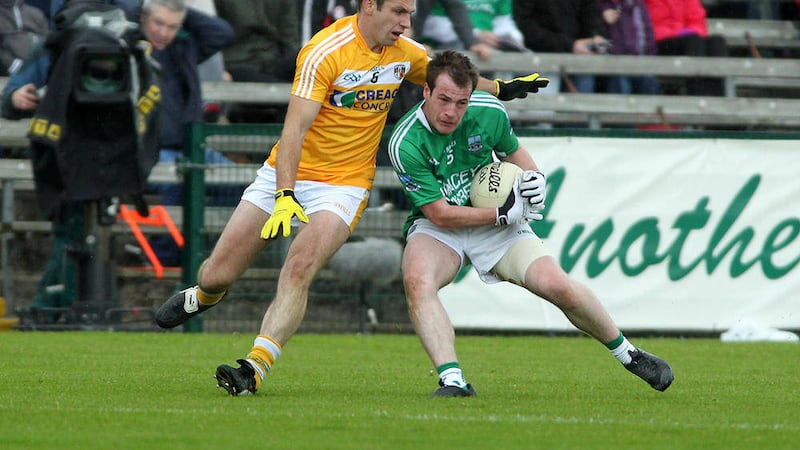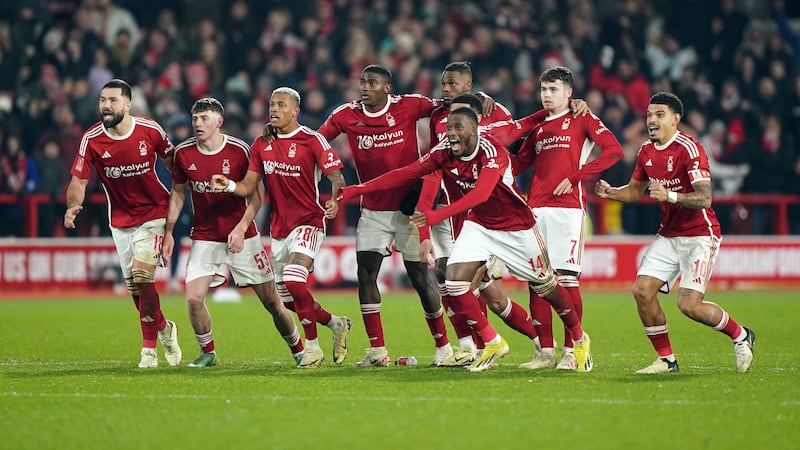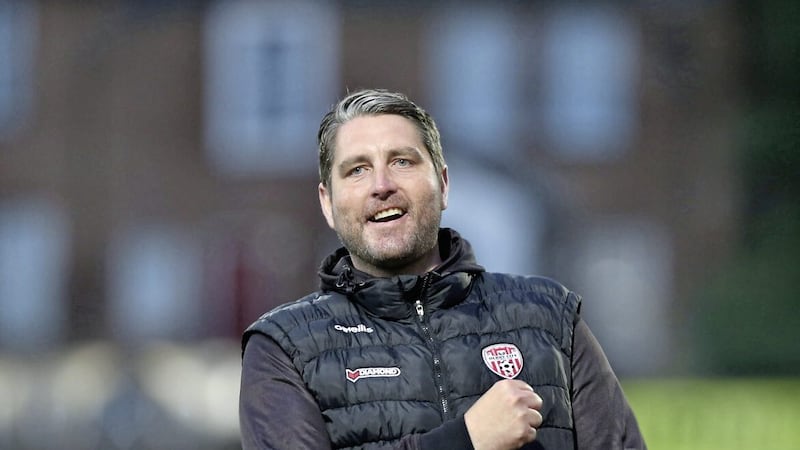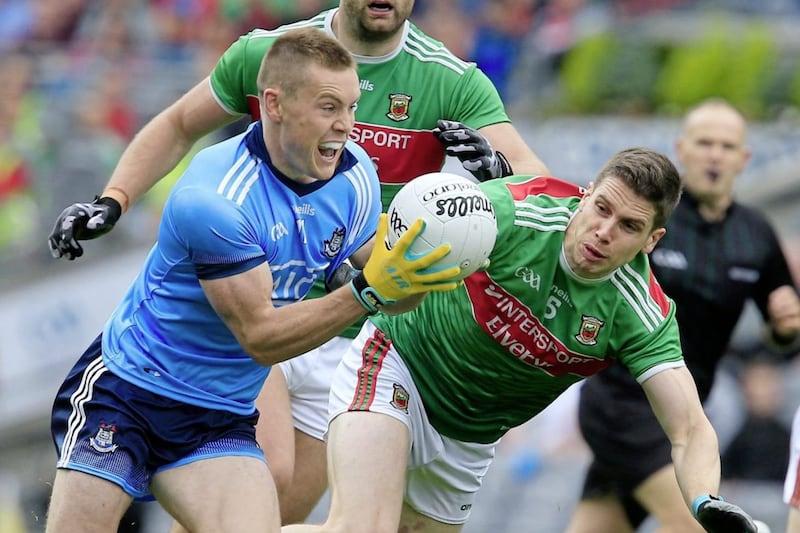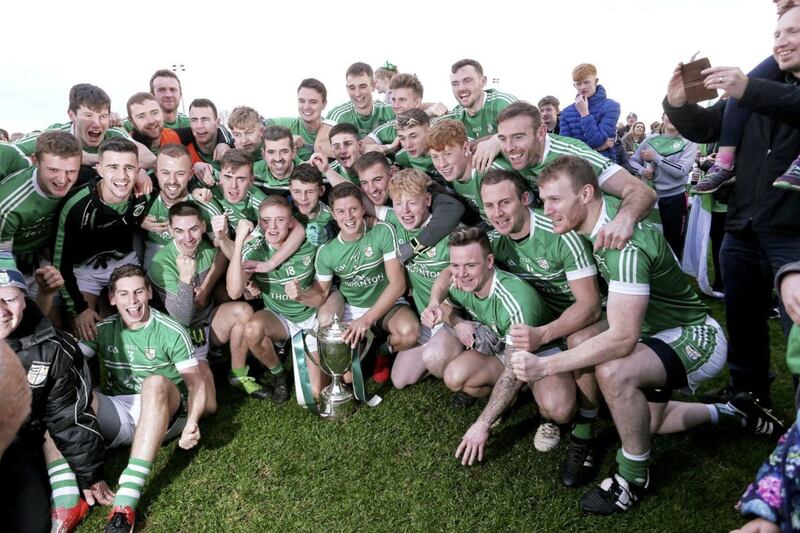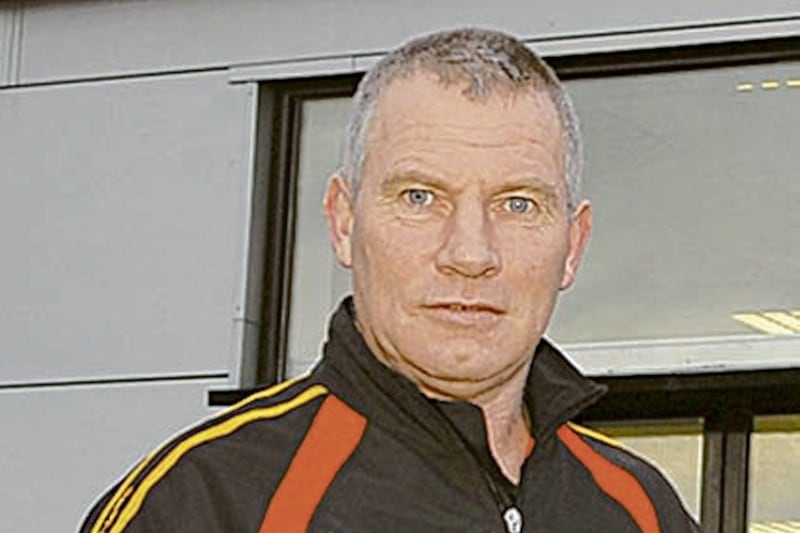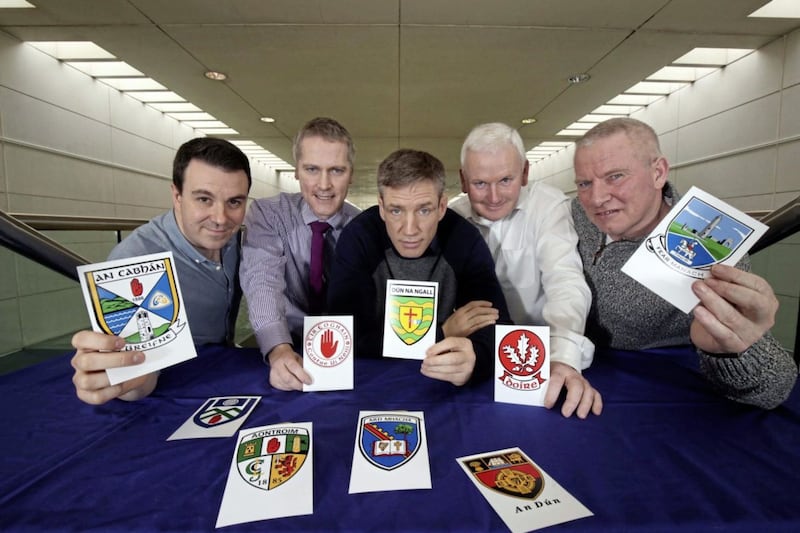MAYBE there was a good reason why Diarmuid Connolly couldn’t accept his man-of-the-match award in person after Dublin clinched yet another Leinster title last weekend.
But the thought nags.
Connolly could have smiled for The Sunday Game cameras and trotted out the usual platitudes to the RTE journalist on the other end of the microphone.
Jim Gavin, his manager, stood in and collected Connolly’s crystal vase.
Regardless of the reasons why he couldn’t attend, it looked bad.
The sponsors certainly deserved better.
In many ways, Connolly’s non-appearance is symptomatic of the way things are with the Dublin set-up and, indeed, several elite teams.
Undoubtedly, the Dublin footballers are a supremely talented group.
But we know very little about any of them. What passes these days for Dublin’s narrative is a series of early-morning press calls that are an extravagant exercise in saying nothing.
For most journalists, these top table briefings are soul-destroying, lifeless affairs, where the air is filled with empty sound bites and mind-numbing clichés.
At the conclusion of these events, journalists curtsy and thank the manager and player(s) for filling their tape-recorders with 25 minutes of utter tripe.
Feeling particularly glum, the journalists leave the room to find a quiet corner and try to craft pieces that the reader might find mildly interesting.
If this is the future of media discourse - top table events and carefully choreographed GAA gigs - heaven help us all.
In 10 or 15 years’ time, the only archive these players will leave will be from the football field.
And for some of them that’s probably enough.
It’s a genuine pity, though, that no-one will know anything about their lives away from the GAA field.
Sport is full of characters but increasingly the GAA player’s story remains under lock and key.
Many players have become accustomed to doing their talking behind a table, with some sponsored energy drinks label in the foreground.
I think of these dreadful press events and then I think of people like Antrim’s Tony Scullion.
The comparison is like night and day.
I first met Tony in 2005 on a building site near Cutters Wharf in south Belfast.
At that time, Tony was making his way at senior level with Antrim. Wearing a yellow hard hat, he spoke so fast.
I caught most of what he was saying. He was a straight-talking, smart, engaging individual.
You couldn’t help but like him.
I became friendly with him from that day on. I’ve enjoyed interviewing many GAA personalities over the years, and you meet some genuinely good people.
I probably interviewed Tony a dozen or so times during an inter-county career that spanned 11 years.
Each interview was a joy.
For me, the profession of sports journalism came alive when I sat and listened to the fast-talking Erin’s Own, Cargin wing-back.
I remember I got a call from him one Saturday night.
Antrim were due to face Monaghan the following day in a relegation match in Clones.
But Tony wouldn’t be playing. Neither would his club-mate Tomas McCann.
Both were due to attend an anniversary mass for a family member on the Sunday morning.
They told their manager at the time, Frank Dawson, they would make their own way to the Four Seasons Hotel but would arrive before the team bus.
Frank insisted that if the pair weren’t on the bus, they would not be available for selection against Monaghan.
Frank is a very astute, very knowledgeable, decent GAA man.
He simply made a bad judgement call.
It was a PR mess. Tony and Tomas didn’t play. Antrim lost and were relegated.
The previous week, Antrim put in an abysmal performance at home to Roscommon.
Standing in the dank Casement Park corridor underneath the main stand, Tony, being Tony, said what he felt.
Antrim supporters, he insisted, who sat through the 70 minutes deserved a refund.
In retrospect, I feel perhaps Frank took exception to Tony’s interview and that’s probably where it went pear-shaped for both men.
But it wasn’t all doom and gloom.
Tony loved working under Liam ‘Baker’ Bradley. For a couple of seasons, the Glenullin man made Antrim believe anything was possible.
In 2009, the Saffrons reached the Ulster final, only to lose to Tyrone, before they went down gallantly to Kerry in Tullamore a week later.
Tony marked Paul Galvin that day and never stopped charging down the right flank.
Playing for Antrim, he knew there would be more bad days than good. But he could live with that.
In an interview at UUJ prior to this summer’s Ulster Championship match with Fermanagh, he reflected on his Antrim career.
“Playing under ‘The Baker’ in 2009 has to be the highlight of any of my era’s time with Antrim.
Like, it was totally surreal for the likes of us boys travelling into Clones with 25,000 or 30,000 people watching you in an Ulster final.
“In ’09 everything kind of clicked.”
With a roguish grin on his face, he added:
“I remember when blanket defences were starting to really come in and one of our players started talking about ‘recycling’ the ball. ‘Baker’ turned around and said: ‘Lads, recycling is for blue bins!’
“To tell you the truth, ‘Baker’ helped my football more than anybody because he was the only manager who came up to me and told me I couldn’t shoot!”
Moments earlier, he’d popped his head into the changing room where manager Frank Fitzsimons was sitting and shouted: ‘Baker, what pitch are we on?’
Frank rolled his eyes in mock dismay and smiled.
It was hard to get angry with Tony.
He was cut from a different cloth. Cargin cloth.
That’s why it was particularly poignant when I approached him on the field at Brewster Park a couple of weeks ago.
Antrim had just taken a hammering from Fermanagh in the All-Ireland Qualifiers.
On the pitch, Tony said his time was up with Antrim.
Approaching 33, there would be no encores.
“The people,” he said, “I’ve met along the road that you wouldn’t have met if I hadn’t played for Antrim are important.
“So you have to reflect on things like that and there’s no point in thinking about all the games you lose.”
It’s the same for journalists. Despite the many dead-end press conferences, you meet many good people along the road that you otherwise wouldn’t have met.
Tony Scullion had a few days in the sun with Antrim.
He mightn’t have won any of the game’s big prizes but he leaves a rich archive behind that will be there a hundred years from now – the kind of archive that will ultimately shine brighter than any winner’s medal.
Just ask the grandchildren.
